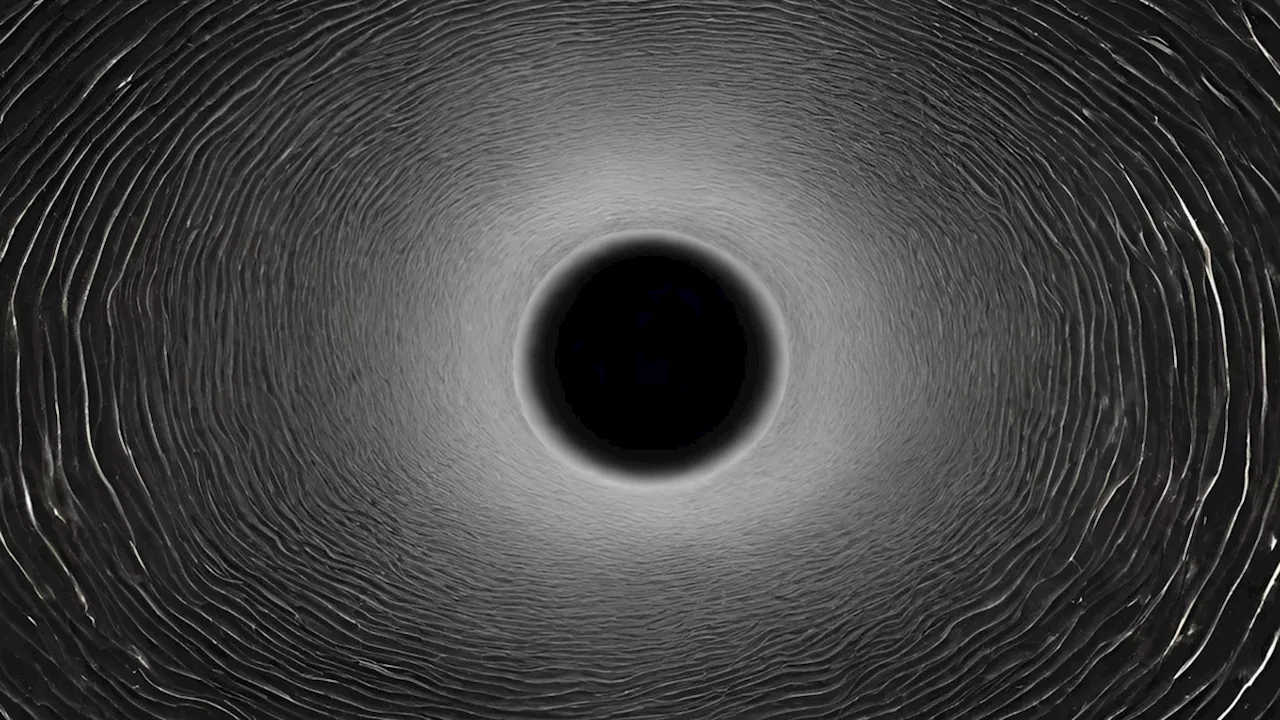Robert Lea is a science journalist in the U.K. whose articles have been published in Physics World, New Scientist, Astronomy Magazine, All About Space, Newsweek and ZME Science. He also writes about science communication for Elsevier and the European Journal of Physics. Rob holds a bachelor of science degree in physics and astronomy from the U.K.
Thanks to immense gravitational forces, the regions around black holes are violent and turbulent environments driven by physics that cannot be found anywhere else in the universe. In fact, black holes are so influential that, when they rotate, they drag the very fabric of space along with them. In other words, near a black hole, nothing stands still. Nothing at all.
the experimental set up used by the team the quantum tornado generated by the team in superfluid heliumTo understand how a superfluid vortex could resemble a black hole, it is vital to remember what Einstein's 1915 theory oftells us about black holes. General relativity suggests that space and time are a single entity called spacetime, and that gravity arises when objects of mass cause spacetime to curve.
Black holes only have three known characteristics: Electric charge, mass and angular momentum, or"spin.
"Superfluid helium contains tiny objects called quantum vortices, which tend to spread apart from each other," Svancara continued."In our set-up, we've managed to confine tens of thousands of these quanta in a compact object resembling a small tornado, achieving a vortex flow with record-breaking strength in the realm of quantum fluids."
United Kingdom Latest News, United Kingdom Headlines
Similar News:You can also read news stories similar to this one that we have collected from other news sources.
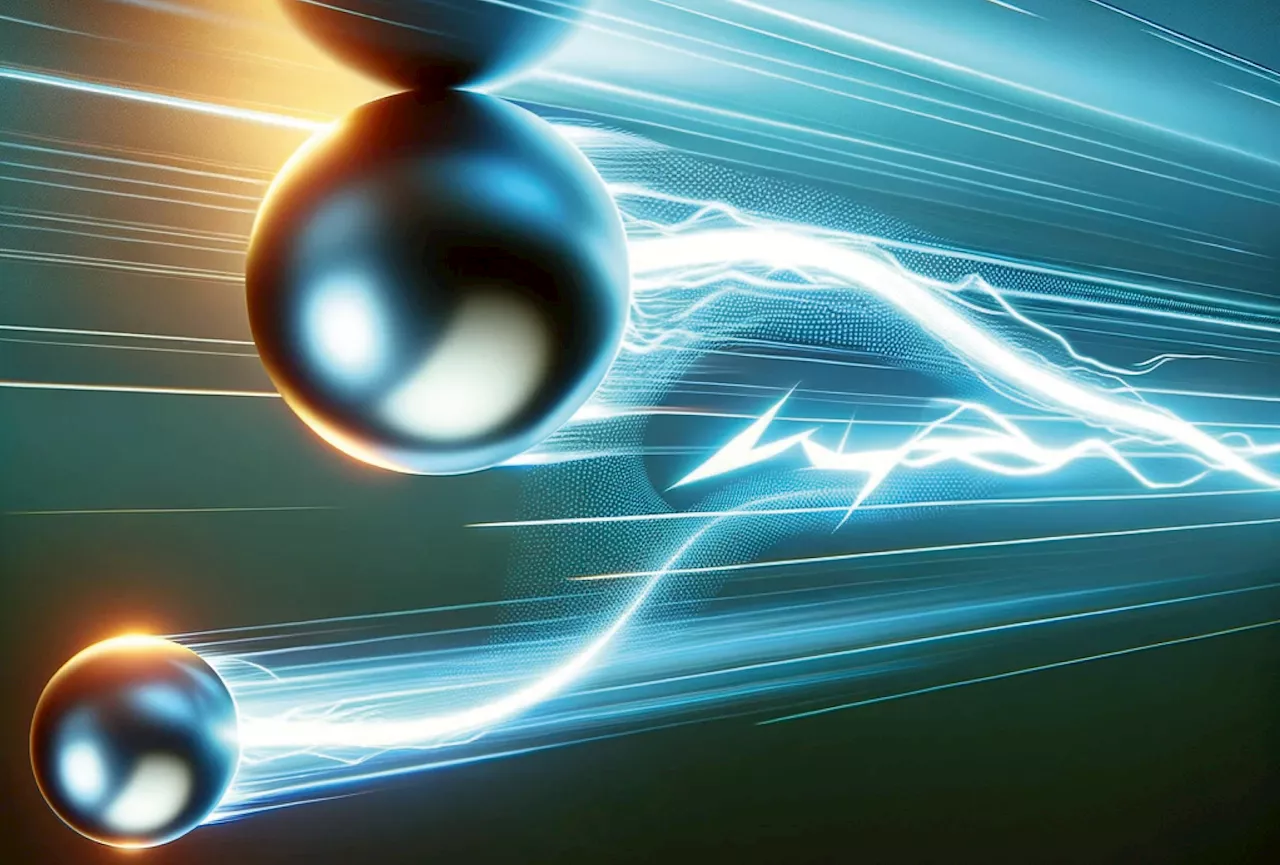 Quantum Revolution: Redefining Physics With Fractional ChargesScience, Space and Technology News 2024
Quantum Revolution: Redefining Physics With Fractional ChargesScience, Space and Technology News 2024
Read more »
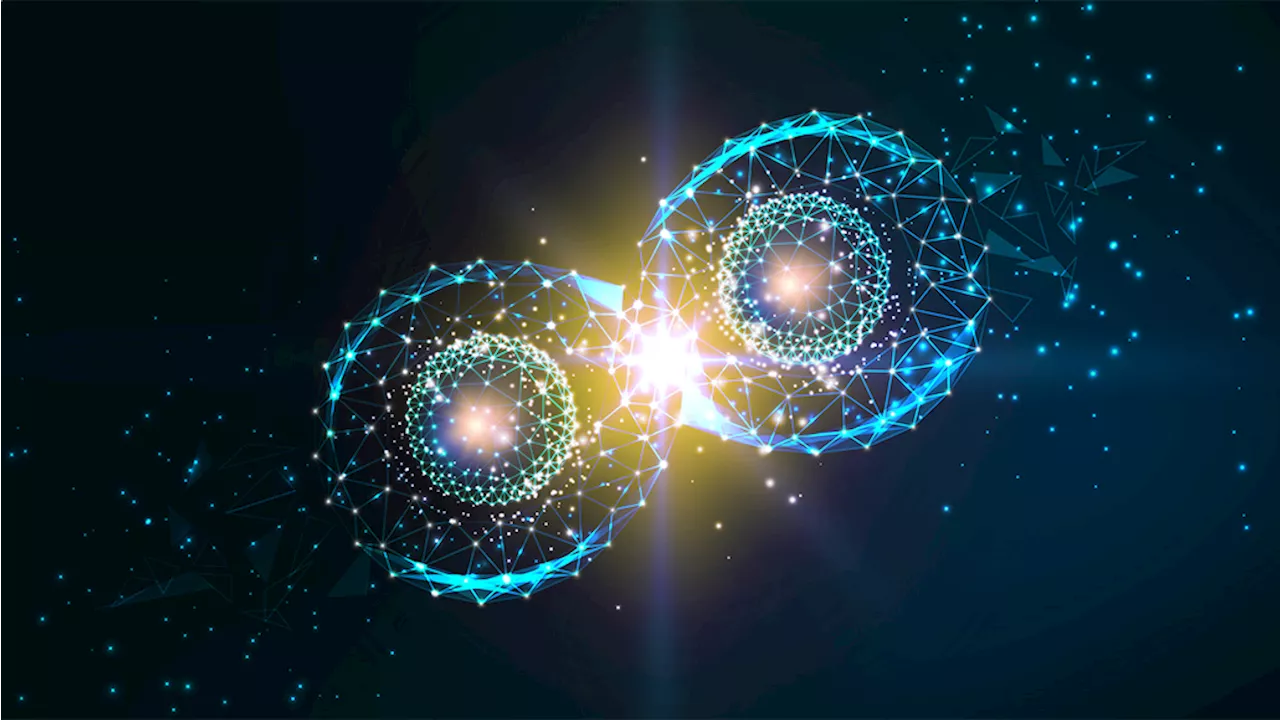 How a quantum technique highlights math’s mysterious link to physicsVerifying proofs to very hard math problems is possible with infinite quantum entanglement.
How a quantum technique highlights math’s mysterious link to physicsVerifying proofs to very hard math problems is possible with infinite quantum entanglement.
Read more »
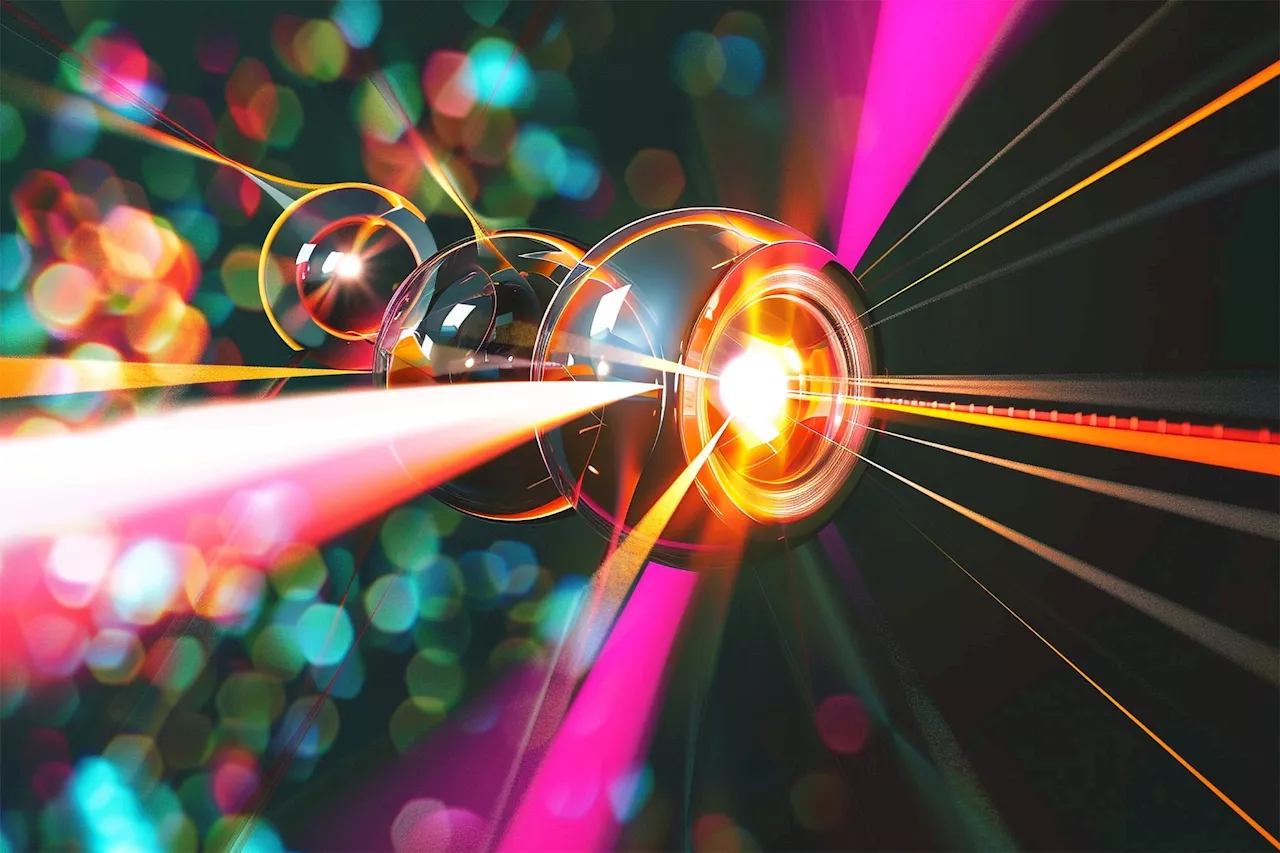 Quantum Computing Breakthrough: Photons That Make Quantum Bits “Fly”Science, Space and Technology News 2024
Quantum Computing Breakthrough: Photons That Make Quantum Bits “Fly”Science, Space and Technology News 2024
Read more »
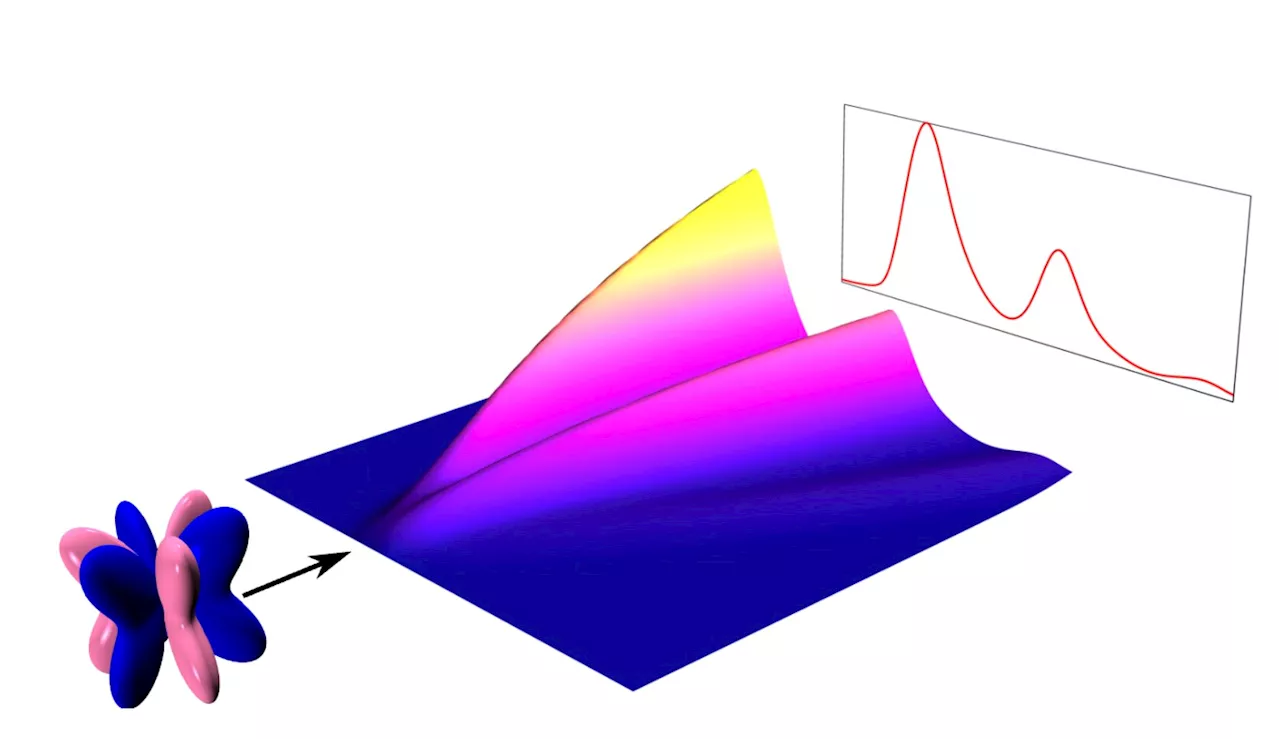 Study outlines spectroscopic signatures of fractionalization in octupolar quantum spin iceQuantum spin liquids are fascinating quantum systems that have recently attracted significant research attention.
Study outlines spectroscopic signatures of fractionalization in octupolar quantum spin iceQuantum spin liquids are fascinating quantum systems that have recently attracted significant research attention.
Read more »
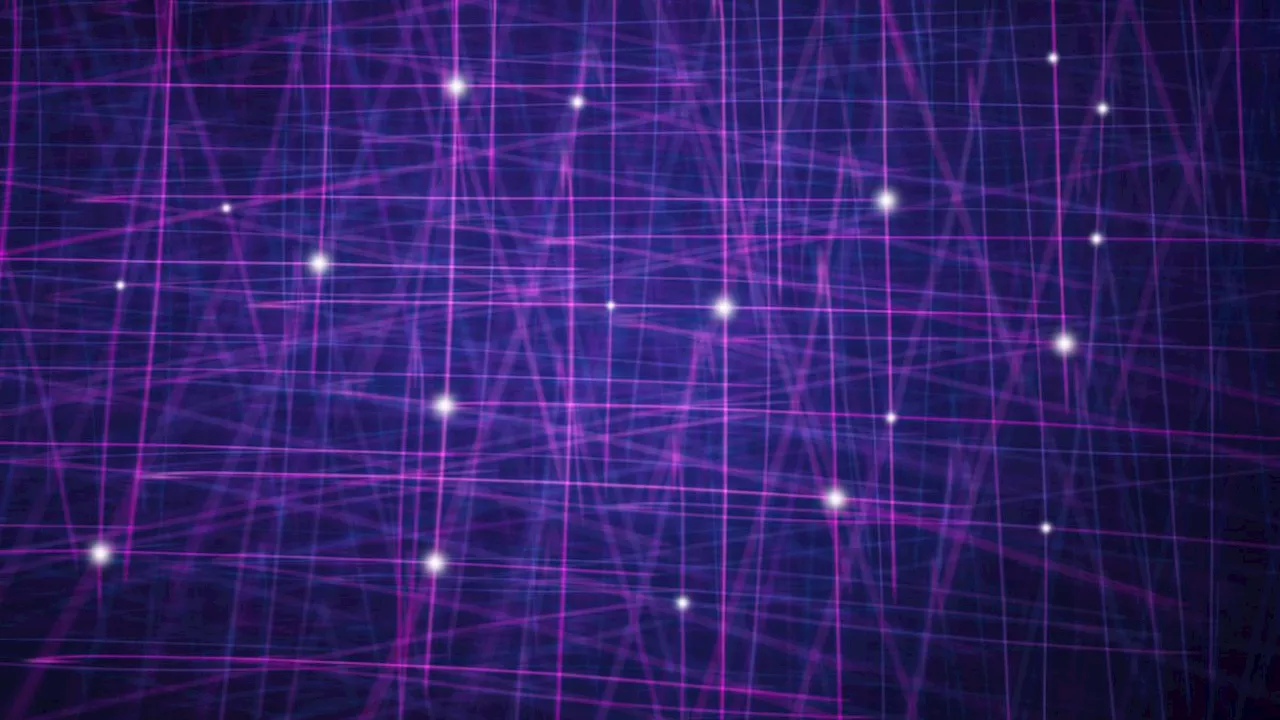 'Quantum memory breakthrough' may lead to a quantum internetPeter is a degree-qualified engineer and experienced freelance journalist, specializing in science, technology and culture. He writes for a variety of publications, including the BBC, Computer Weekly, IT Pro, the Guardian and the Independent. He has worked as a technology journalist for over ten years.
'Quantum memory breakthrough' may lead to a quantum internetPeter is a degree-qualified engineer and experienced freelance journalist, specializing in science, technology and culture. He writes for a variety of publications, including the BBC, Computer Weekly, IT Pro, the Guardian and the Independent. He has worked as a technology journalist for over ten years.
Read more »
 Heaviest pair of black holes ever seen weighs 28 billion times more than the sunRobert Lea is a science journalist in the U.K. whose articles have been published in Physics World, New Scientist, Astronomy Magazine, All About Space, Newsweek and ZME Science. He also writes about science communication for Elsevier and the European Journal of Physics. Rob holds a bachelor of science degree in physics and astronomy from the U.K.
Heaviest pair of black holes ever seen weighs 28 billion times more than the sunRobert Lea is a science journalist in the U.K. whose articles have been published in Physics World, New Scientist, Astronomy Magazine, All About Space, Newsweek and ZME Science. He also writes about science communication for Elsevier and the European Journal of Physics. Rob holds a bachelor of science degree in physics and astronomy from the U.K.
Read more »
